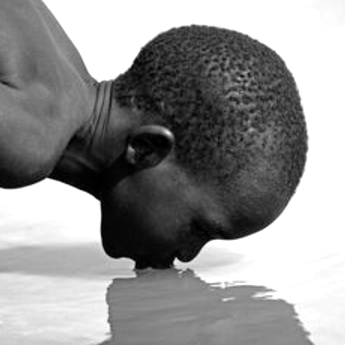Africa News - Water Rights
From Akvopedia
| January 31, 2016 Africa called to implement climate change agreement “Even though we contribute the least to global emissions and are most affected, we are leapfrogging to promote climate smart agriculture, renewable energy, to save our lakes, forests, oceans and rivers, and to insure against natural and other disasters through the African Risk Capacity Agency. | |
| January 6, 2016 Why sanitary facilities must cater for all She said sanitation is a means of promoting health through prevention of human contact with the hazards of wastes as well as treatment and proper disposal of sewage or wastewater, “but on streets, and in schools, it is easy for the blind, the cripple and amputees to get into contact with wastes or dirty floor.” | |
| December 31, 2015 Proper sanitation becomes separate UN human right in enhanced fight against deadly infections The Assembly adopted a resolution earlier this month recognizing the distinct nature of the right to sanitation in relation to the right to safe drinking water, while keeping the rights together. Mr. Heller said it would help governments and non-governmental organizations to specifically focus on what needs to be done to realize the right. | |
| November 10, 2015 Joint NGO Statement of Support on the Human Rights to Water and Sanitation They “entitle everyone, without discrimination, to have access to sufficient, safe, acceptable, physically accessible and affordable water for personal and domestic use and to have physical and affordable access to sanitation, in all spheres of life, that is safe, hygienic, secure, and socially and culturally acceptable and that provides privacy and ensures dignity.” | |
| July 30, 2014 Rights to safe water, sanitation must not remain mirage for millions of Kenyans – UN expert A news release on the visit noted that only 30 per cent of Kenya’s population has access to improved sanitation, while 13 per cent of people still have no choice but to defecate in the open. “This is a daily indignity for over 6 million people,” said the expert. |

